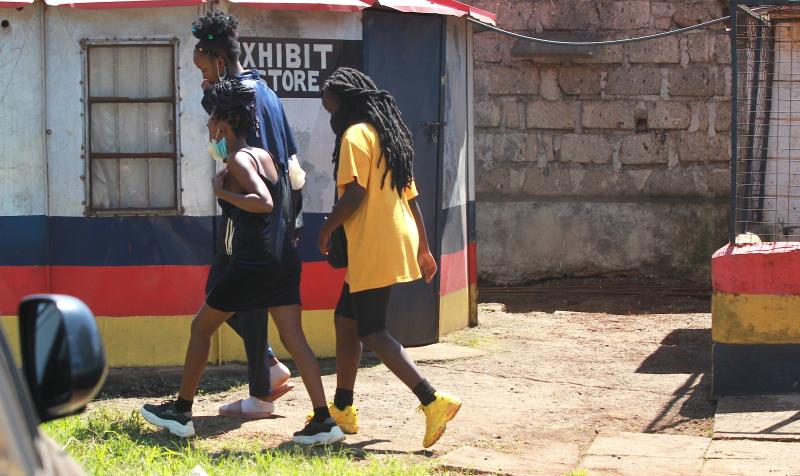×
The Standard e-Paper
Fearless, Trusted News

Part of 44 Teenagers at Kabete police station after they were arrested by Police officers at Mountain View Estate in Nairobi. The teens between the ages of 14-17 are suspected of committing illicit activities. Nov 22, 2020. [Jonah Onyango, Standard]
Barely a month after schools were shut in March last year, to stem spread of the coronavirus, Prisca Asere noticed several changes in her house routine.